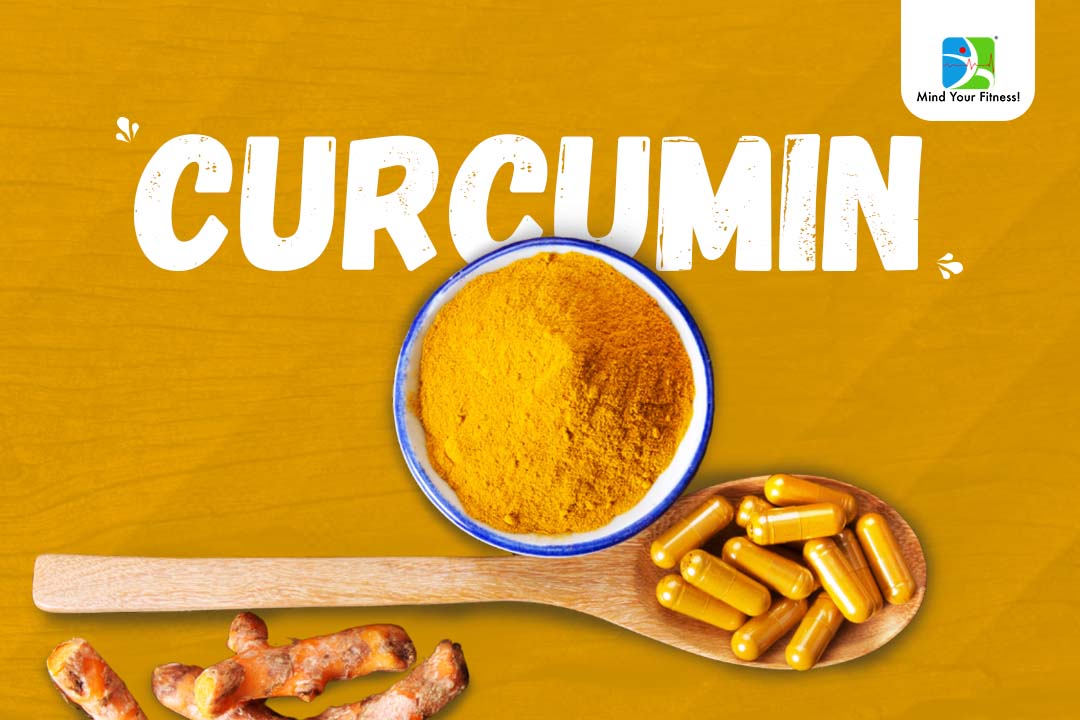What is it?
Curcumin is the primary bioactive substance in turmeric.
Curcumin and the curcuminoids can be extracted from turmeric to produce supplements that have a much higher potency than turmeric.
However, when orally consumed, curcumin is poorly absorbed during digestion, means it has poor bioavailability on its own. Thus it is often combined with black pepper or Piperine (a black pepper extract) for better absorption.
Supplements are also available as:
- Turmeric extract
- Curcuma Longa
Function & Benefits:
It has potent anti-inflammatory and antioxidant properties.
The current evidence shows small to moderate improvements in the symptoms of depression, anxiety, cognitive health, premenstrual syndrome and moderate to large improvements in pain (including post surgical recovery) and function in osteoarthritis and rheumatoid arthritis.
Curcumin also shows promise for treating a type of inflammatory bowel disease called ulcerative colitis, but further research is needed to clarify the optimal dose and route of administration.
Improvements in blood lipids, blood sugar, blood pressure, liver health, prostrate health, peripheral edema (legs) and weight loss have also been observed. High-quality randomized controlled trials are needed to draw firm conclusions on these effects.
Dosage:
Curcumin with piperine (extract standardised to 95% curcumin): 1,500 mg of curcumin + 15-20 mg of piperine per day.
It is usually taken together with food.
Safety
In terms of potential adverse effects, doses of up to 8 grams of curcuminoids have not been associated with serious adverse effects in humans.
Still, high doses of curcumin have some mild adverse effects, including nausea, diarrhoea, headache, skin rash, and yellow stool.
Curcumin with piperine may cause adverse drug reactions because piperine greatly increases intestinal permeability.
People who are on anti-diabetic medication and blood-thinning medication, such as warfarin (Coumadin), clopidogrel (Plavix), and aspirin are typically advised against taking the supplement specially before surgery, because it can enhance the drugs’ blood-thinning effects.
Most importantly, not all formulations of curcumin have been safety tested and hence it’s always better to consult a qualified dietitian for guidance on dosage and brands.
Always inform your doctor if you are on prescription medication before starting supplemenation.
Takeaway:
Curcumin has potential as an antioxidant and can be added to your exercise recovery stack.
~ Shwetha Bhatia, Registered Dietitian (Indian Dietetic Association)





